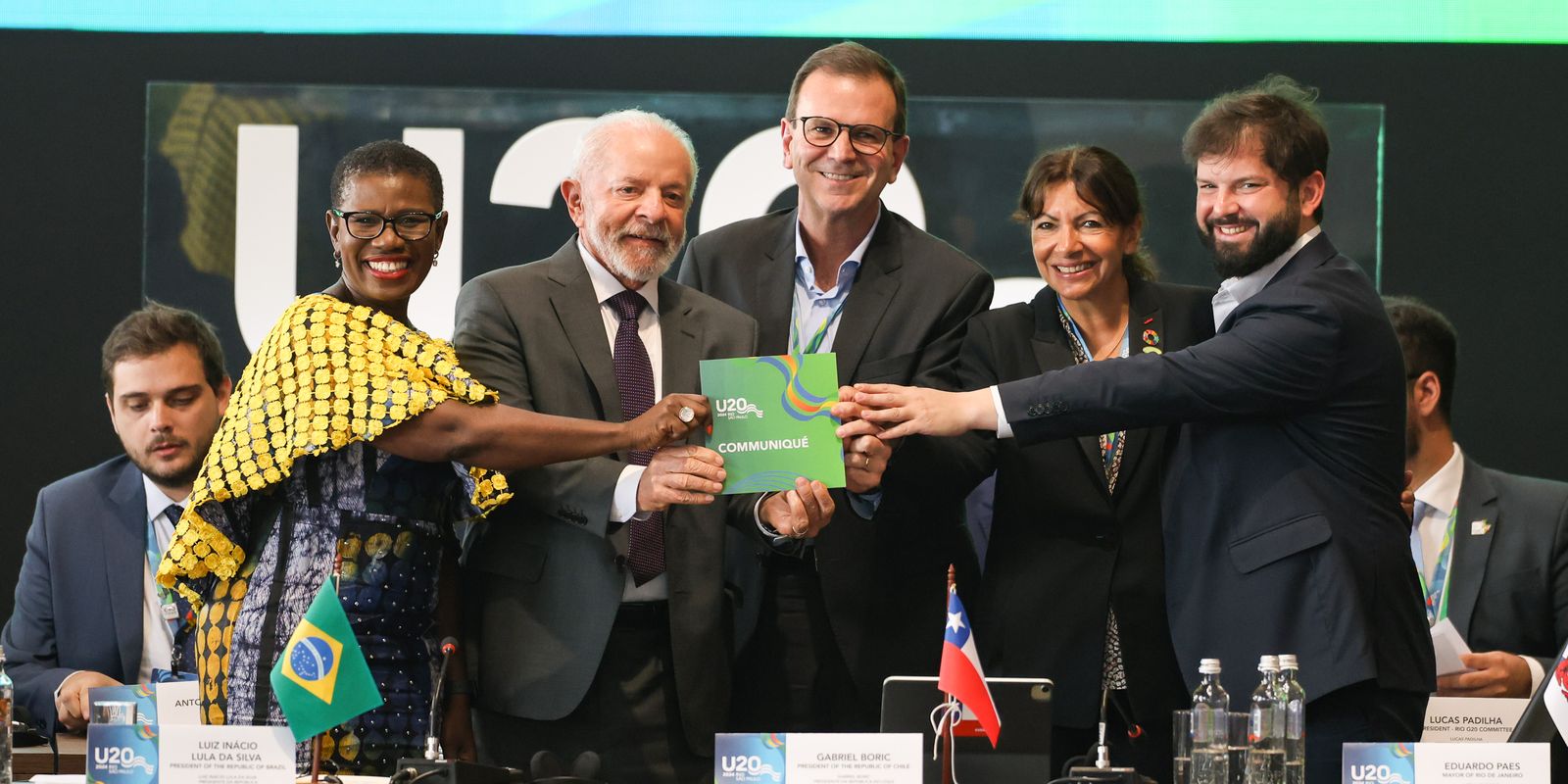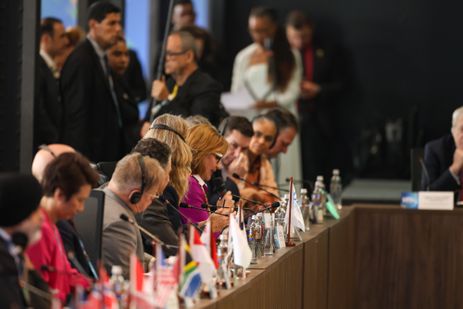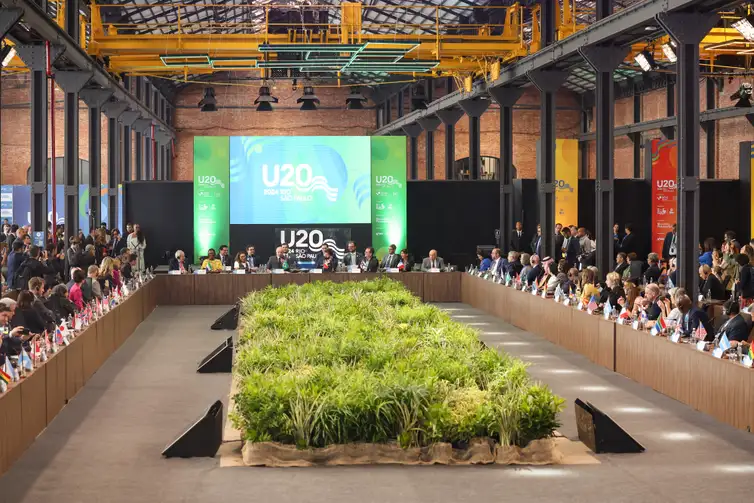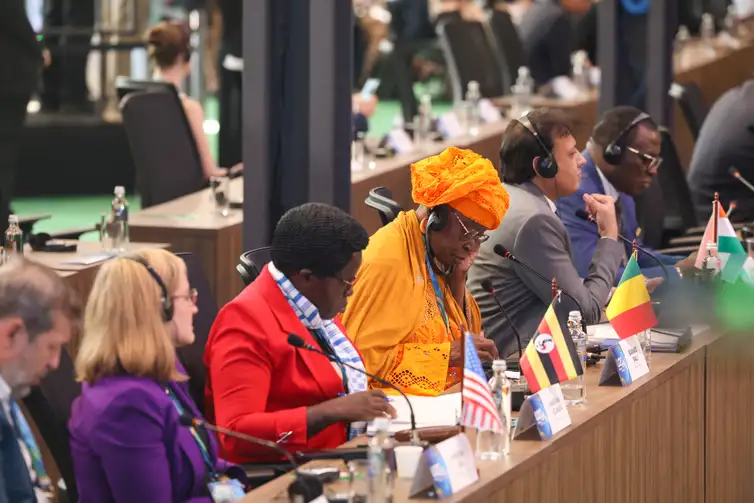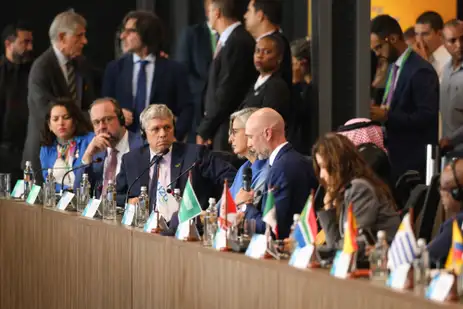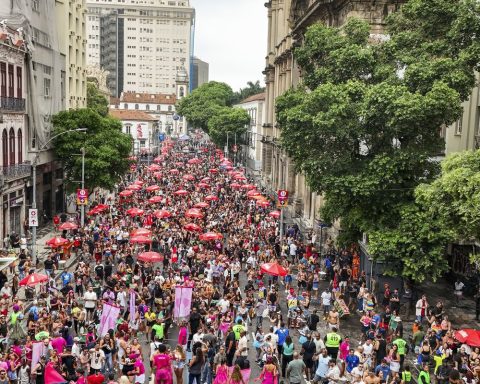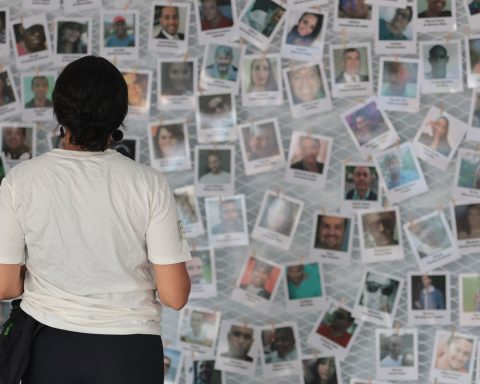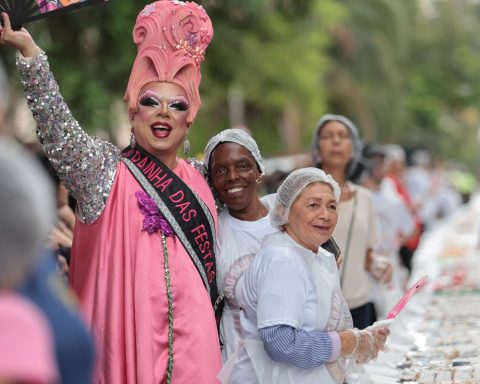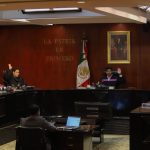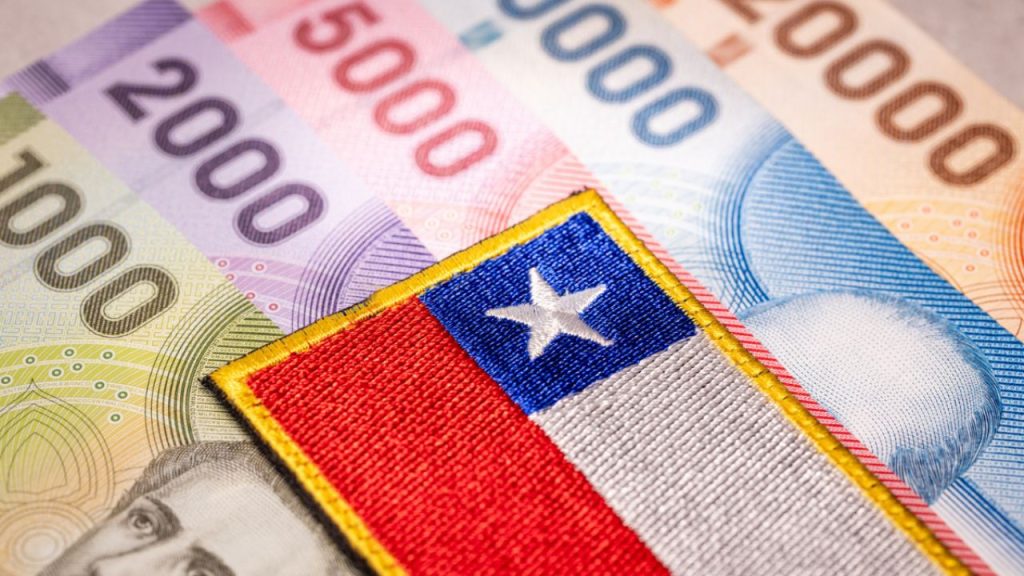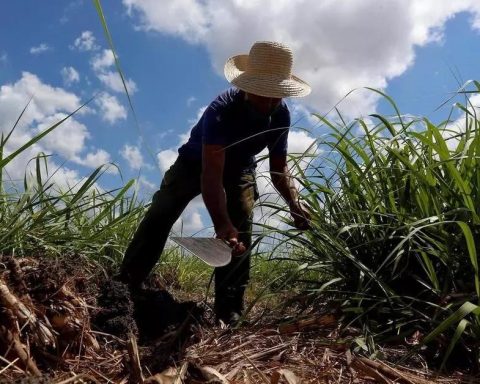Mayors of the U20, a group of the largest cities in the G20, delivered this Sunday (17) to President Luiz Inácio Lula da Silva a document with 36 requests to rethink citiesreduce inequalities in urban space and tackle climate change. Lula received the document from the mayor of Rio de Janeiro, Eduardo Paes, at the closing ceremony of U20 activities.
Signed by mayors and representatives of 26 U20 cities, plus seven observer cities and 25 invited cities, the document is divided into the same three axes of the Brazilian presidency of the G20: combating hunger and poverty; sustainable development, climate change and fair energy transition; and reform of global governance institutions.
Held at Armazém Utopia, in the port area of Rio de Janeiro, the closing ceremony started 20 minutes late and lasted around 50 minutes.
The event was attended by the president of Chile, Gabriel Boric, who delivered the document together with Eduardo Paes. In addition to them, the mayors of Freetown (Sierra Leone), Aki Sawyerr, and Phoenix (Arizona, United States), Kate Gallego, participated in the delivery of the document.
Aimed at city management, U20 was held parallel to the G20 Sociala G20 initiative that brought together civil society demands. A group of the 19 largest economies on the planet, plus the European Union and the African Union, the G20 begins the meeting of heads of state and government this Monday (18).
Urban planning
In his speech, President Lula stated that cities need help to finance the cost of the ecological transition. He highlighted that urban planning plays a crucial role in the ecological transition and in tackling climate change.
“Cities cannot finance urban transformation alone. They cannot be neglected in the new climate transition financing mechanisms. Unfortunately, governments are faced with a huge funding gap in the Global South. Only a portion of the necessary resources reaches developing countries and an even smaller portion reaches our metropolises,” said the president.
Lula also highlighted that more than half of the world’s population lives in cities, which account for 80% of the global Gross Domestic Product (GDP). He recalled that cities concentrate 70% of greenhouse gas emissions and 75% of global energy consumption.
“These same urban centers are disproportionately exposed to the consequences of climate change, rising ocean levels, heat waves, water insecurity and devastating floods, like those we recently saw in southern Brazil, Colombia and Spain” , stated the president.
Challenges
According to the document, the world faces “complex challenges” that require the articulation of multiple global and local actors capable of promoting integrity and justice beyond their borders. The text mentions that 56% of the global population lives in cities, with the number expected to rise to 70% in the next 25 years.
Regarding financing, the mayors’ letter calls for investments of US$800 billion per year in climate actions. The money would only cover about 20% of cities’ climate finance needs, but it would help induce and stimulate private sector investment. Necessary investments include the transition to renewable energy sources, structural reforms in urban spaces and the construction of more sustainable housing.
The mayors also asked multilateral banks and governments to allocate 40% of low-interest financing to municipal projects that prioritize low-income communities, vulnerable neighborhoods, workers and people in risk situations. Part of the public financing would be paid for by progressive taxation (on the richest) on a global scale.
Priority
In his speech, Mayor Eduardo Paes stated that cities play a central role in improving living conditions and that they need to receive priority attention from G20 countries. According to him, the annual US$800 billion will allow municipalities to promote a fair ecological transition, which protects vulnerable populations and creates jobs that strengthen a greener economy.
“As cities tackle global problems on a local scale to improve the lives of those who need them most and protect the planet, we echo the G20 presidency’s prioritization of reforming global governance and call for a renewed multilateral system that recognizes the role of cities as crucial political actors and the level of government closest to the communities they serve”, declared Paes.
